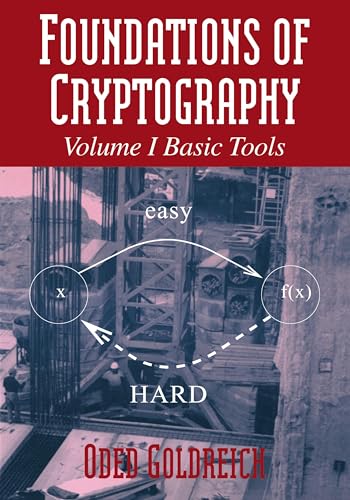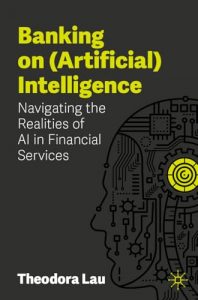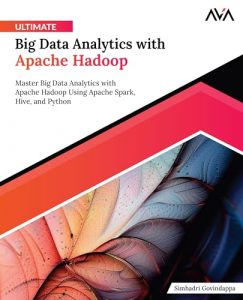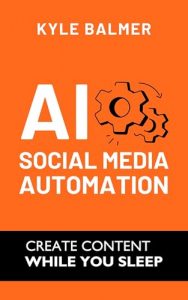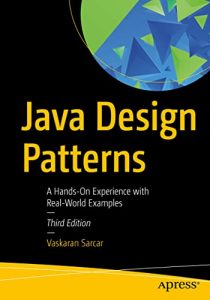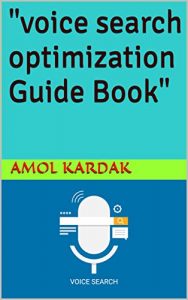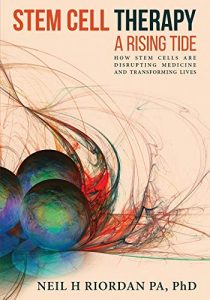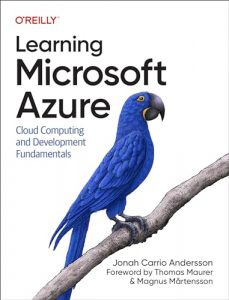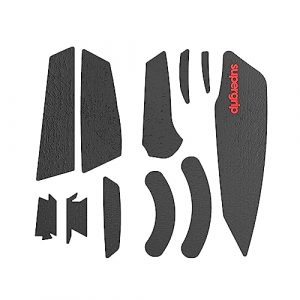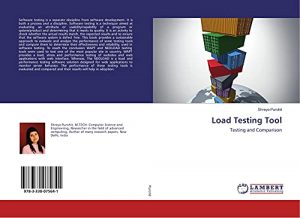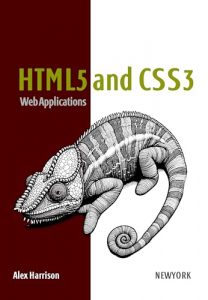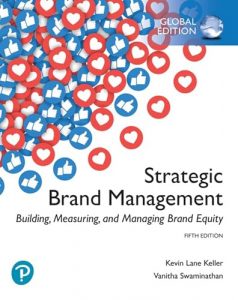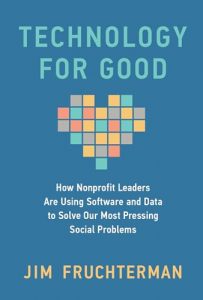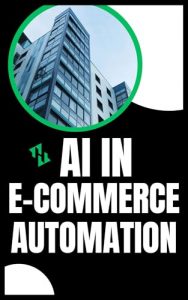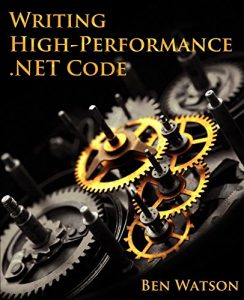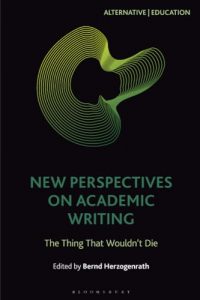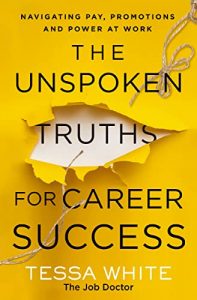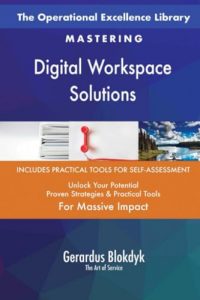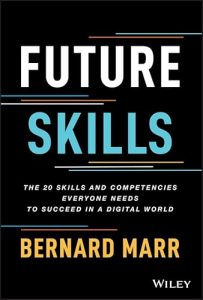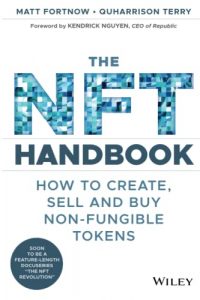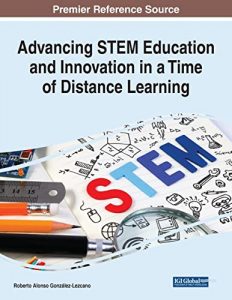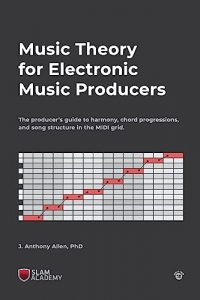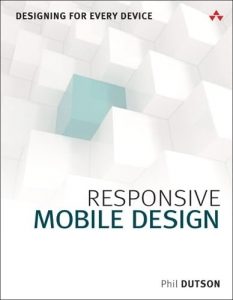1. Foundations of Cryptography: Volume 1, Basic Tools
This seminal work by Oded Goldreich delves deep into the world of cryptography, covering the fundamental principles and tools essential for understanding this complex field. Whether you are a student, a professional, or simply a curious mind, this book is an invaluable resource. It lays the groundwork for all subsequent studies in cryptography, ensuring you grasp the essential concepts before diving into advanced topics. The clear exposition and structured approach make it easier for readers at all levels to engage with the material and apply it in real-world scenarios. If you want to build a solid foundation in cryptography, this book is a must-read!

2. Practical Forensic Imaging: Securing Digital Evidence with Linux Tools
Bruce Nikkel’s “Practical Forensic Imaging” is the ultimate guide for anyone involved in digital forensics. This book presents practical methodologies for securing digital evidence, utilizing sophisticated Linux tools that enhance the reliability of your findings. The hands-on approach, combined with detailed explanations and real-world applications, ensures that readers can achieve mastery over forensic imaging. Reading this book will not only improve your technical skills but also enrich your understanding of how to preserve integrity in digital evidence. An essential read for aspiring digital forensics experts!

3. Python Tools for Scientists: An Introduction to Using Anaconda, JupyterLab, and Python’s Scientific Libraries
Lee Vaughan’s book is perfect for aspiring scientists and data analysts looking to harness the power of Python for their research tasks. The easy-to-follow instructions and practical examples covering renowned tools like Anaconda and JupyterLab make this book a fantastic resource. It provides an expedient pathway to understanding Python’s scientific libraries that are essential for data analysis and visualization. Anyone invested in scientific research will find this book to be indispensable for their toolkit!

4. The OSINT Automator: Tools and Techniques for Streamlined Intelligence
Finn Vogel’s “The OSINT Automator” is a cutting-edge guide that elevates the practice of Open Source Intelligence. This book navigates the best tools and techniques to optimize your intelligence gathering processes. Inside, readers will uncover a wealth of knowledge that promotes efficient data collection while maintaining cybersecurity principles. Ideal for intelligence professionals or anyone keen on mastering OSINT, this book is guaranteed to enhance your skills and knowledge in the field!

5. 101 Hacking Tools
Igor Doin’s “101 Hacking Tools” is essential for anyone looking to understand the arsenal of hacking tools available in the digital landscape today. This accessible guide reveals practical insights into some of the most widely used tools by cybersecurity professionals and hackers alike. It serves as both an educational resource and a reference guide for users at all experience levels. The robust insights provided within the pages will empower readers to explore and learn about cybersecurity in a hands-on manner!

6. Real Hacker’s Tools: Part 1 PGP
Frederic Spinola takes readers on a deep dive into PGP, presenting it as one of the most crucial tools for hackers and security experts. This brief yet informative read elucidates the importance of Pretty Good Privacy (PGP) in ensuring secure communications and provides practical insights into its implementation. Anyone looking to fortify their understanding of encryption and secure messaging will benefit greatly from this book, making it a valuable addition to your library!

7. DATA ENCRYPTION AND DECRYPTION TOOLS
Co-authored by Mr. Navjot Singh Rakhra and Dr. Navjeet Kaur, this book delivers a comprehensive guide on data encryption and decryption, bridging the gap between theoretical principles and practical applications. It touches upon various methods of securing data in contemporary contexts—an essential asset for data security practitioners. The content is rich in examples, making it not only informative but also engaging, enabling readers from diverse backgrounds to grasp complex topics seamlessly!

8. Windows Forensics Cookbook: Over 60 Practical Recipes
If you’re involved in digital forensics, Oleg Skulkin and Scar de Courcier’s ‘Windows Forensics Cookbook’ is mandatory reading. This cookbook is a thorough, hands-on guide packed with recipes that cover diverse techniques for acquiring memory data and analyzing systems. The straightforward instructions provided in each recipe allow forensic analysts to build on their existing knowledge and apply newfound skills immediately. A fantastic tool for those looking to elevate their forensic investigation capabilities!

9. ADVANCED FUNCTIONS OF KALI LINUX: Techniques and Tools for Security Professionals 2024 Edition
This updated guide by Smart Tech Content and StudioD21 is an essential resource for any security professional aiming to master Kali Linux’s advanced functionalities. The book provides insights into various techniques and tools that improve efficiency in security testing and assessments. Its comprehensive approach ensures that both newcomers and seasoned experts gain valuable knowledge and skills, making it a requisite read for anyone serious about cybersecurity!

10. The Art of Digital Forensics: Techniques and Tools for Modern Investigators
Nicole Ruthz’s ‘The Art of Digital Forensics’ is a modern guide that encourages investigators to embrace a multifaceted approach to forensic investigation. This book provides essential techniques and tools tailored for contemporary cases and is ideal for professionals looking to update their skills. The engaging writing style and expert insight make learning enjoyable and practical. Enhance your investigative techniques and refine your skills with this must-read book!


